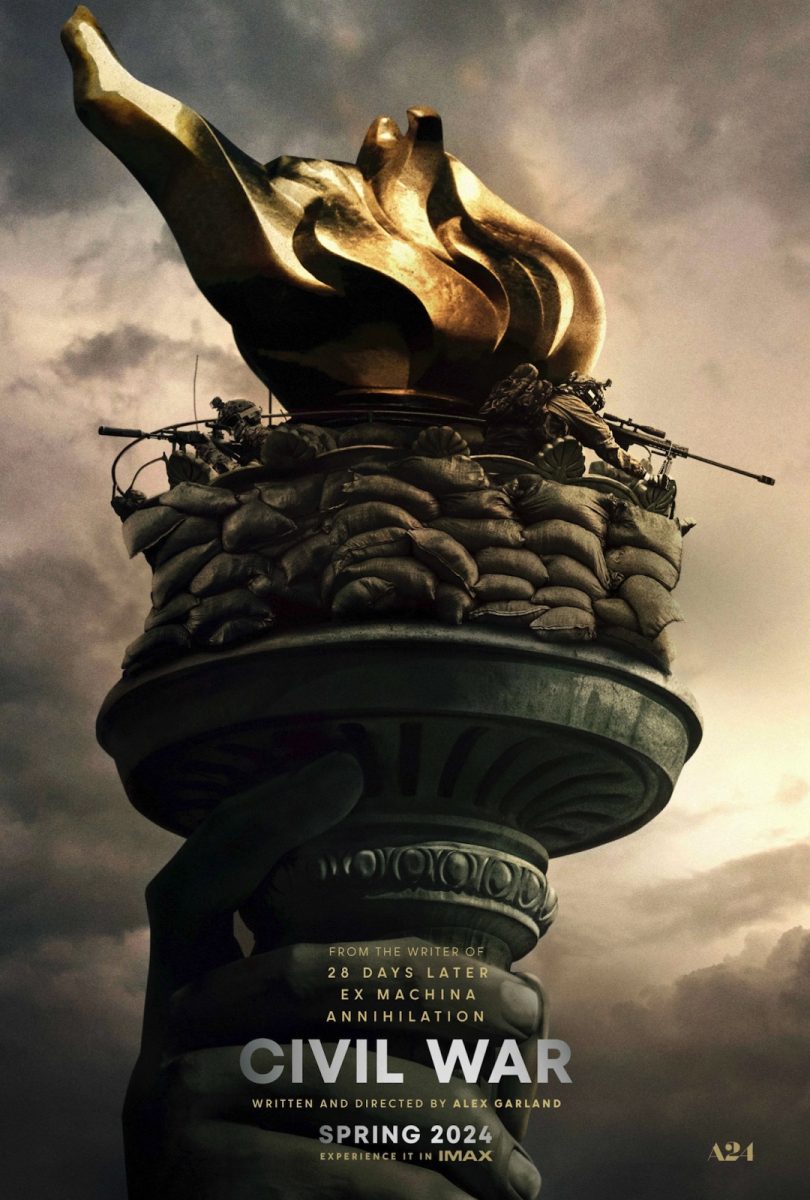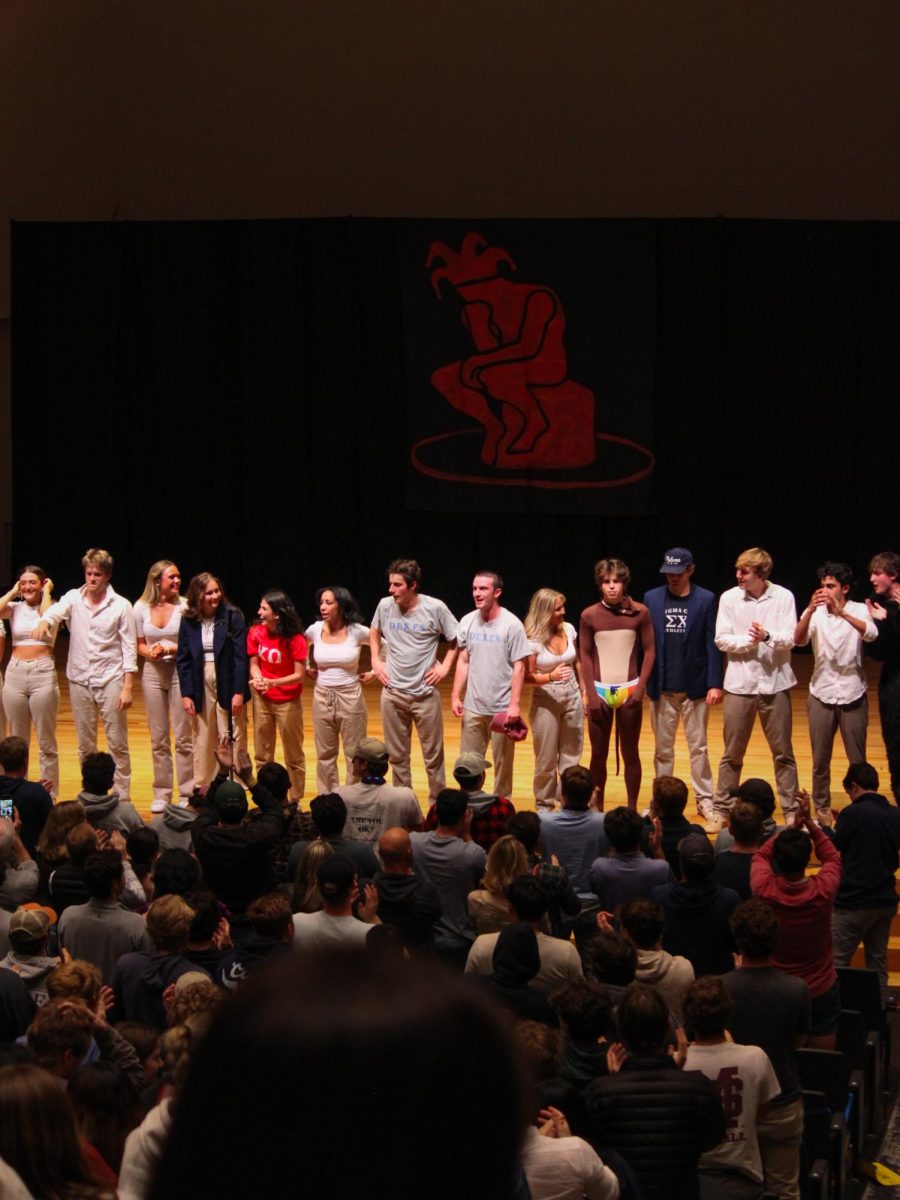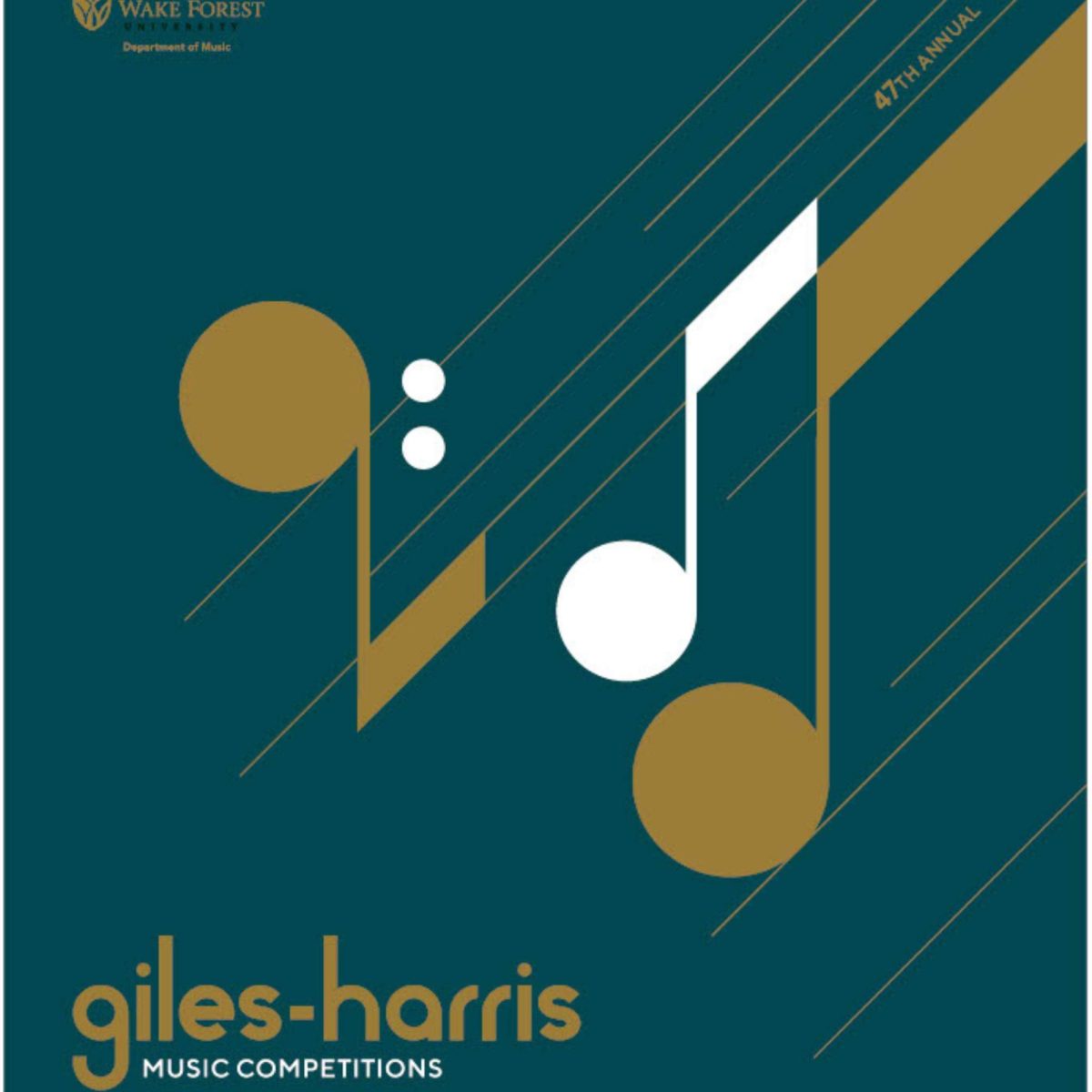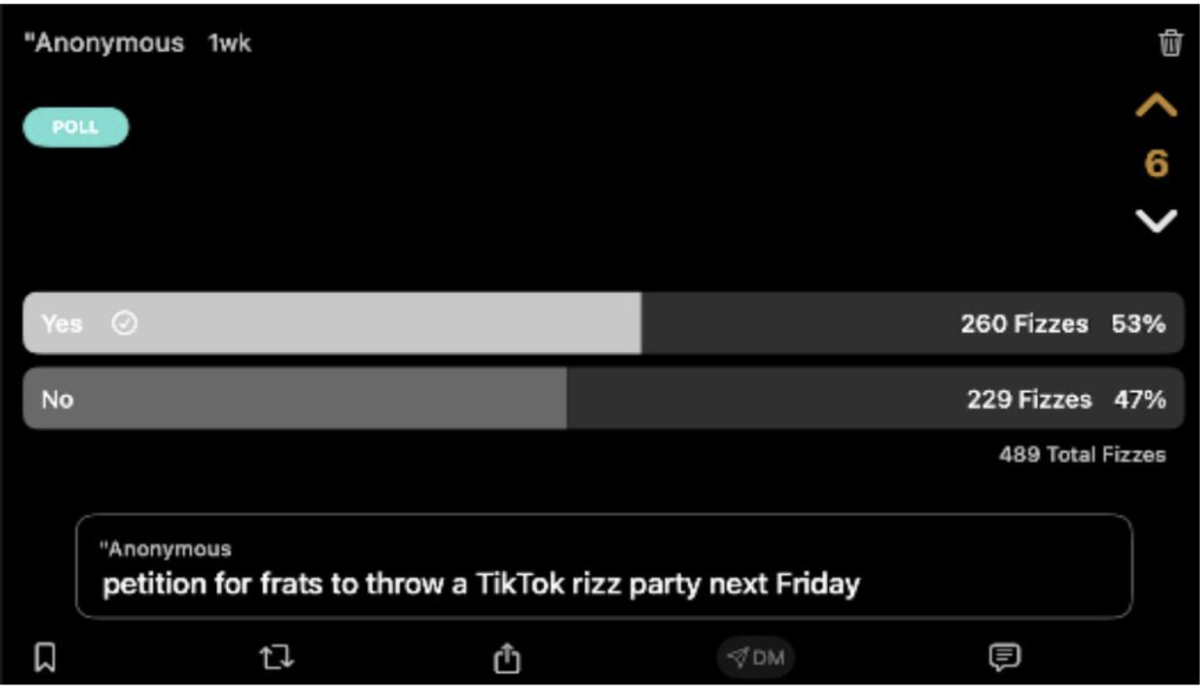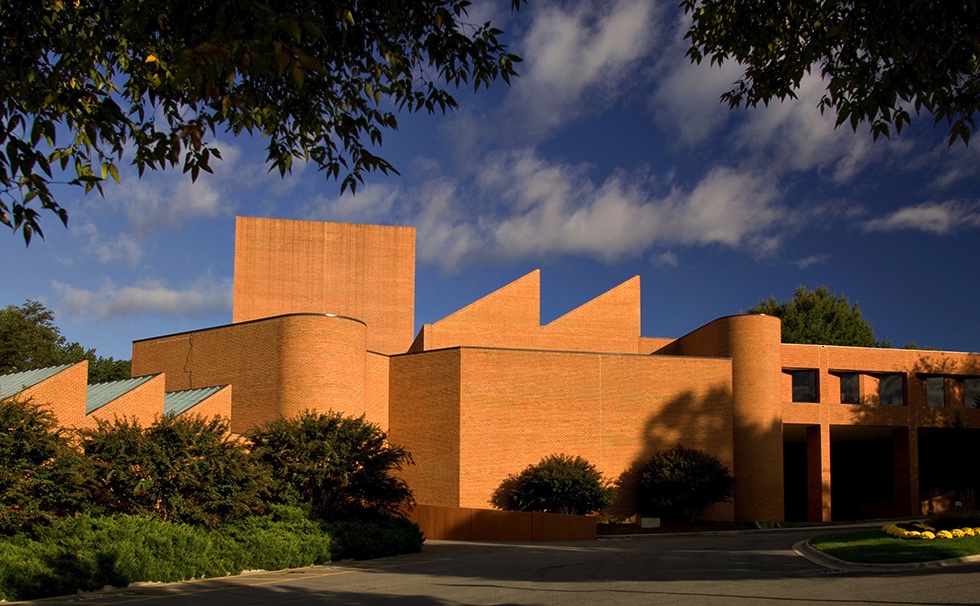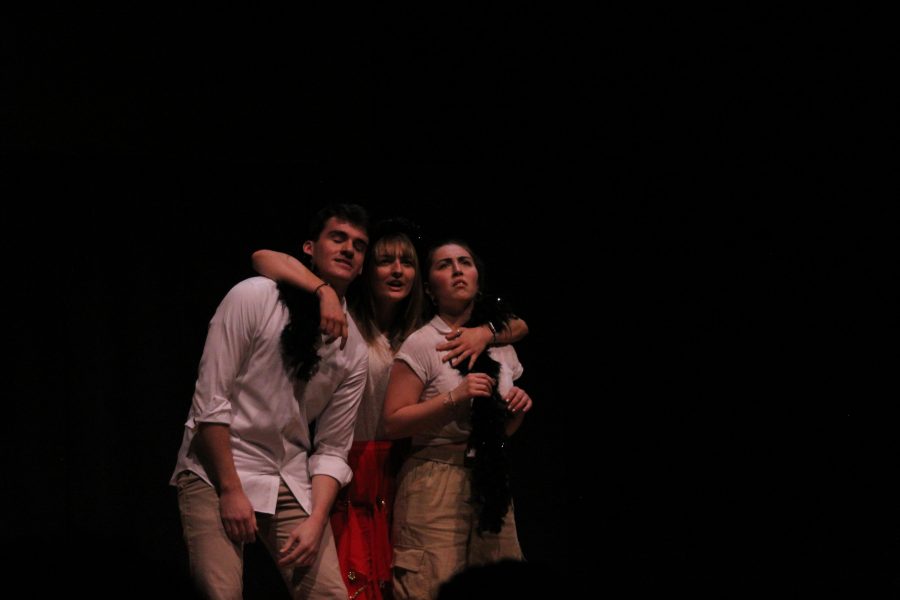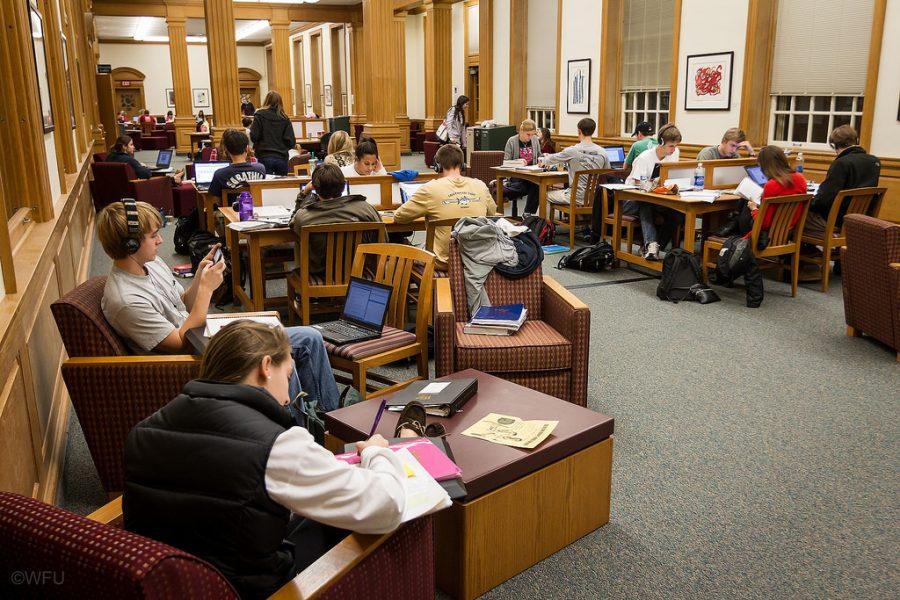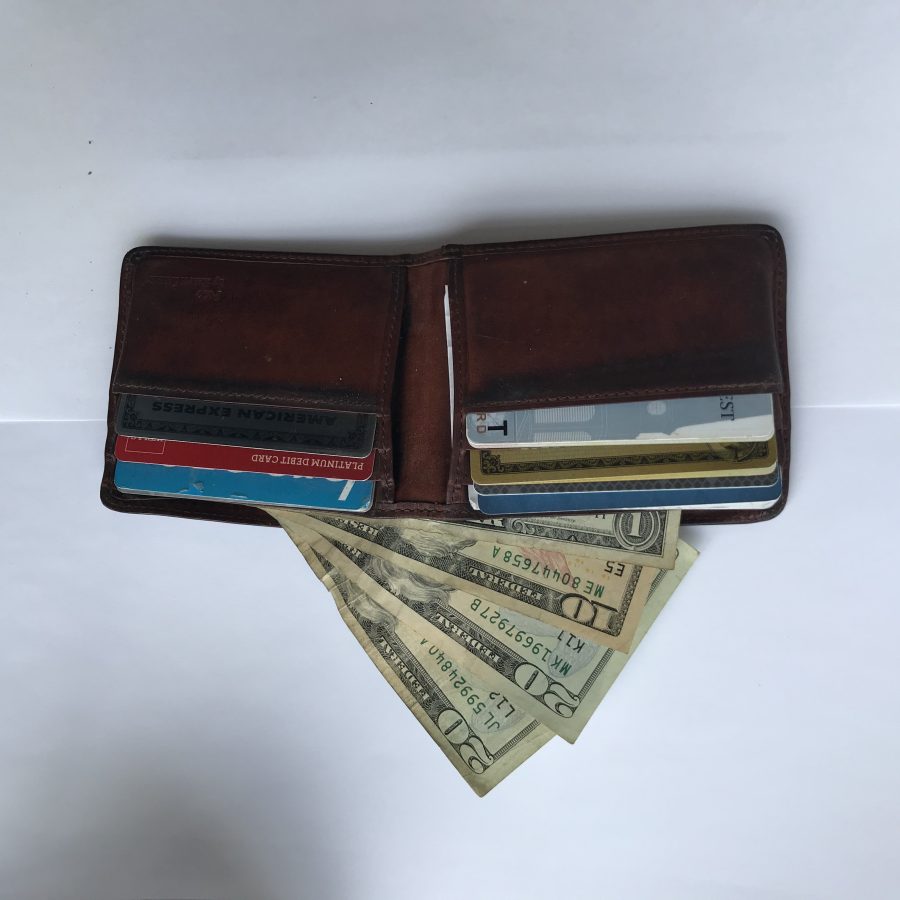When we hear the phrase “taking a break” — especially within the framework of a distinctly American culture that exalts the self-made man who tirelessly climbs the ladder until his callused fingers grasp the very last wrung — a flurry of negative connotations fills the air.
“Taking a break” bespeaks a lack of willpower, a shortage of the perseverance necessary to triumph, a faltering inner resolve, symptomatic of weak character. Couples that “take breaks” never see the aisle. Olympic athletes that “take breaks” stand to the side as their competitors dart past in a flash of moving muscle to the finish line. Stars that “take breaks” risk relinquishing the spotlight forever to a choir of tabloid “meltdown” accusations, washing up a decade later on the “Celebrity Apprentice.”
Yet amidst the prevailing frenzy of ceaseless strivers traversing competitive American society, the voice of a Turkish proverb speaks tranquilly and evenly: “No matter how far you have gone on the wrong road, turn back.” This proposition — so fundamentally opposed to the way we restless pioneers are programmed to be constantly moving toward the next conquerable frontier — imbues the phrase “taking a break” with new legitimacy. If a break allows us the time we need to reevaluate, regroup and ultimately set off down the right path, stopping can be the first, and only, step to restarting.
At 18, I had just emerged from the high intensity environment of Millburn High School in suburban New Jersey, which revered its past rankings as the number one public school in the state and operated somewhat like an Olympic training camp for college admissions. I prepared myself to follow the herd of my motivated, hopeful, yet unquestioning peers off to college that fall, promising myself I would simply cope with the burnout and lack of direction I felt along the way. “Active recovery,” my coaches called it at track practice. I had been trained to achieve for others — teachers, parents, college admissions officers — for so long, that the concept of personal fulfillment, and how to find it, had become alien to me. Two weeks into my second semester at UVA, I booked a ticket home. It was then that I first typed “Gap Semester Programs” into my Google search box.
The possibilities immediately overwhelmed me; I could spend my spring coaching soccer in South Africa, as a business intern in Barcelona or teaching English at a primary school in Cambodia, among the multifarious choices, but there was one program’s website in particular I kept returning to, perhaps for its name.
The Leap, the company called itself.
It was a British-based organization headed by gap-year gurus Guy and Milly Whitehead that has sent more than 2,400 post-high school students on service-based expeditions to locations around the world, from Tanzania to Borneo since its start in 2002. With footholds in 12 different countries across four continents, the Leap puts once unimaginably distant environments tantalizingly within students’ reach: volunteering at an orphanage before a trek to Everest base camp in Nepal, helping to rebuild Old Havana in Cuba and working to plan and organize safaris at a local tour agency in South Africa are all among the dozens of locally connected, personal growth oriented “project placements” the company offers students in the “in between” to choose from.
On the Leap’s Ecuador program, our group of 12 students would move from three different locations — the settlement of the indigenous Chilcapamba people in the Andes mountains, the volunteer commune of “Hacienda Tranquila” on the island of San Cristobal in the Galapagos and the hut-sprinkled village of the lowland Tsachila tribe in the western jungle — working on myriad community improvement objectives, from building infrastructure to introducing fresh water to remote areas to assisting in local day care centers.
The Leap was exactly the kind of radical change in environment I craved.
And I forged bonds, deep bonds, with my 10 other group members, who, just like me, were navigating that treacherous, obfuscated strait of time separating childhood from adulthood.
Frequently, we spoke of the reactions of our friends and families when we told them our plans to venture to South America before continuing to college. For the English kids, feedback was typically expectant delight. With some of their graduating classes seeing as many as 60 percent of its students take a year off before attending university, they were seizing a culturally celebrated opportunity to travel, explore and experience before delving back into the world of academia. My friend Evan, the American boy on the trip, was told, “Just make sure your gap year doesn’t turn into a gap life.”
My life became a “gap life” in the sense that the lessons I learned and perspective I gained during my time away provided me with a new blueprint for my future course, centered on an entirely different definition of success than the one I clung to pre-departure.
Living with a group of teenagers from such disparate upbringings, I swam in a pool of collective knowledge that stretched far wider than the one at my schools in America, where my peers and I all lived within a similar cultural context. Everyone in my Leap group had read different books, followed different curriculums in school, swore allegiance to different bands and lived in entirely different places, providing daily reminders of just how infinitely much there is to know.
Yet perhaps most importantly, taking a leap forced me to let go of the notion that there exists a one-way track to success.
So next time you find yourself believing life is simply a ritual of going through the motions, turn off your GPS. Pack a bag. Go somewhere new, somewhere certainly not listed in your original itinerary. There are too many paths across our world to feel trapped on the wrong one. Sometimes you simply have to get lost before you can find yourself.


